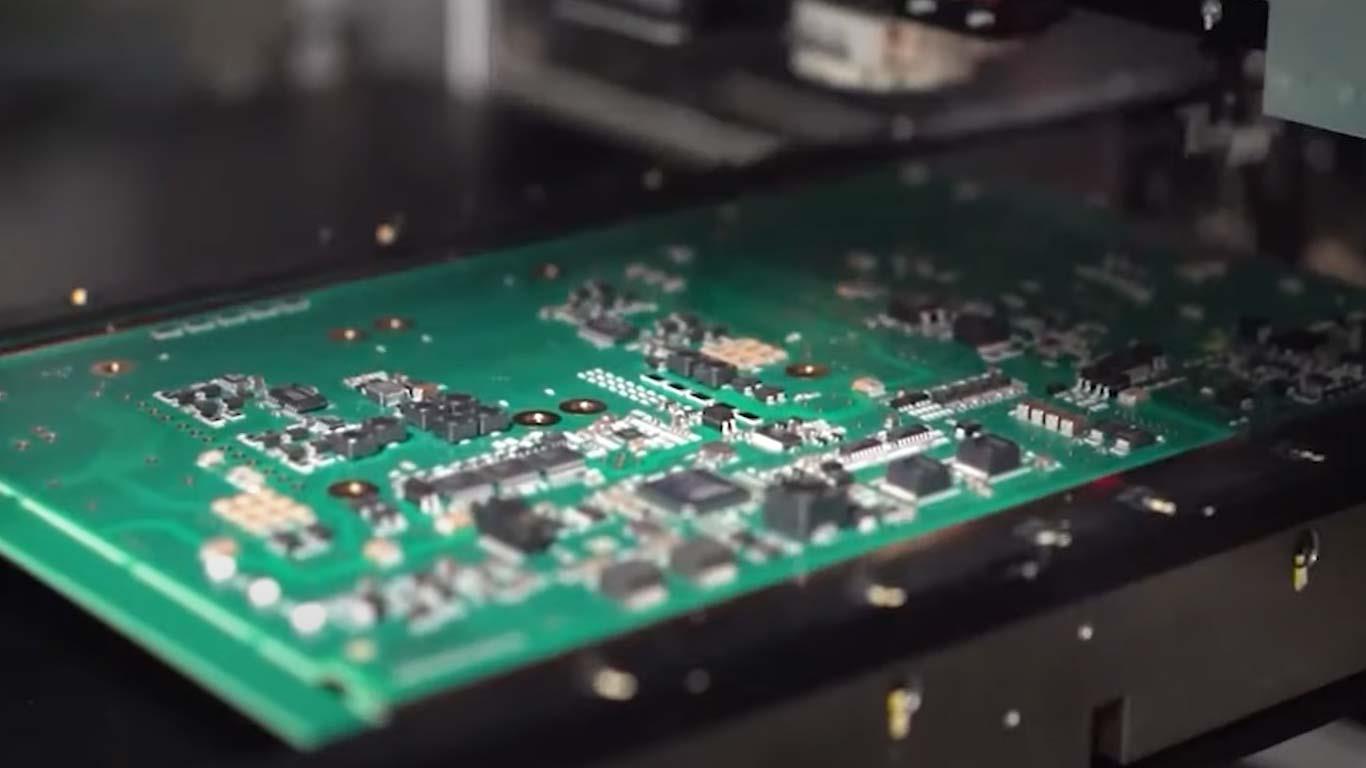
Electronics Industry Seeks Major Concessions In Budget 2025
The Indian electronics sector is lobbying for significant policy changes in the forthcoming Budget 2025, with a primary focus on reducing import duties for key components essential to mobile phone manufacturing.
Industry leaders argue that current tariffs place India at a disadvantage compared to regional competitors such as China and Vietnam.
According to a report by The Economic Times, the industry has specifically called for cuts on import duties for components like inductor coils, microphones, and printed circuit board assemblies (PCBA).
Mobile phone manufacturers propose reducing the duty on microphones, receivers, speakers, and flexible printed circuit assemblies from 15 per cent to 10 per cent. Additionally, they seek the elimination of the 2.5 per cent duty on PCBA parts.
India's tariffs on mobile phone inputs currently range from 7 per cent to 7.2 per cent, significantly higher than those in neighbouring manufacturing hubs. These concerns were voiced during a pre-budget consultation with Finance Minister Nirmala Sitharaman on December 26.
The India Cellular and Electronics Association (ICEA) has also advocated for a streamlined tariff structure, recommending duty-free imports for inputs and sub-parts, a 5 per cent levy on specific component parts, and a 10 per cent tariff on sub-assemblies.
Simplified structures, they argue, would make India's manufacturing ecosystem more competitive globally.
Beyond import duty reductions, the industry has urged subsidies for mandatory testing and product certification, particularly to support micro, small, and medium enterprises (MSMEs).
The Electronic Industries Association of India (ELCINA) emphasised increasing testing capacities and establishing subsidised certification facilities to lower operational costs.
Another key demand is the extension of the 15 per cent corporate tax waiver for manufacturing companies to
March 31, 2029. This incentive, the industry says, is vital to encourage investment in component manufacturing and the development of specialised clusters.
With the domestic smartphone market stagnating at 152 million units shipped in 2024, the second consecutive year without growth, stakeholders stress that reduced tariffs are critical for India to maintain its competitiveness.
This is especially pertinent as potential tariffs on Chinese imports by the U.S. could shift global supply chains.
(KNN Bureau)
Legal Disclaimer:
MENAFN provides the
information “as is” without warranty of any kind. We do not accept
any responsibility or liability for the accuracy, content, images,
videos, licenses, completeness, legality, or reliability of the information
contained in this article. If you have any complaints or copyright
issues related to this article, kindly contact the provider above.


















Comments
No comment